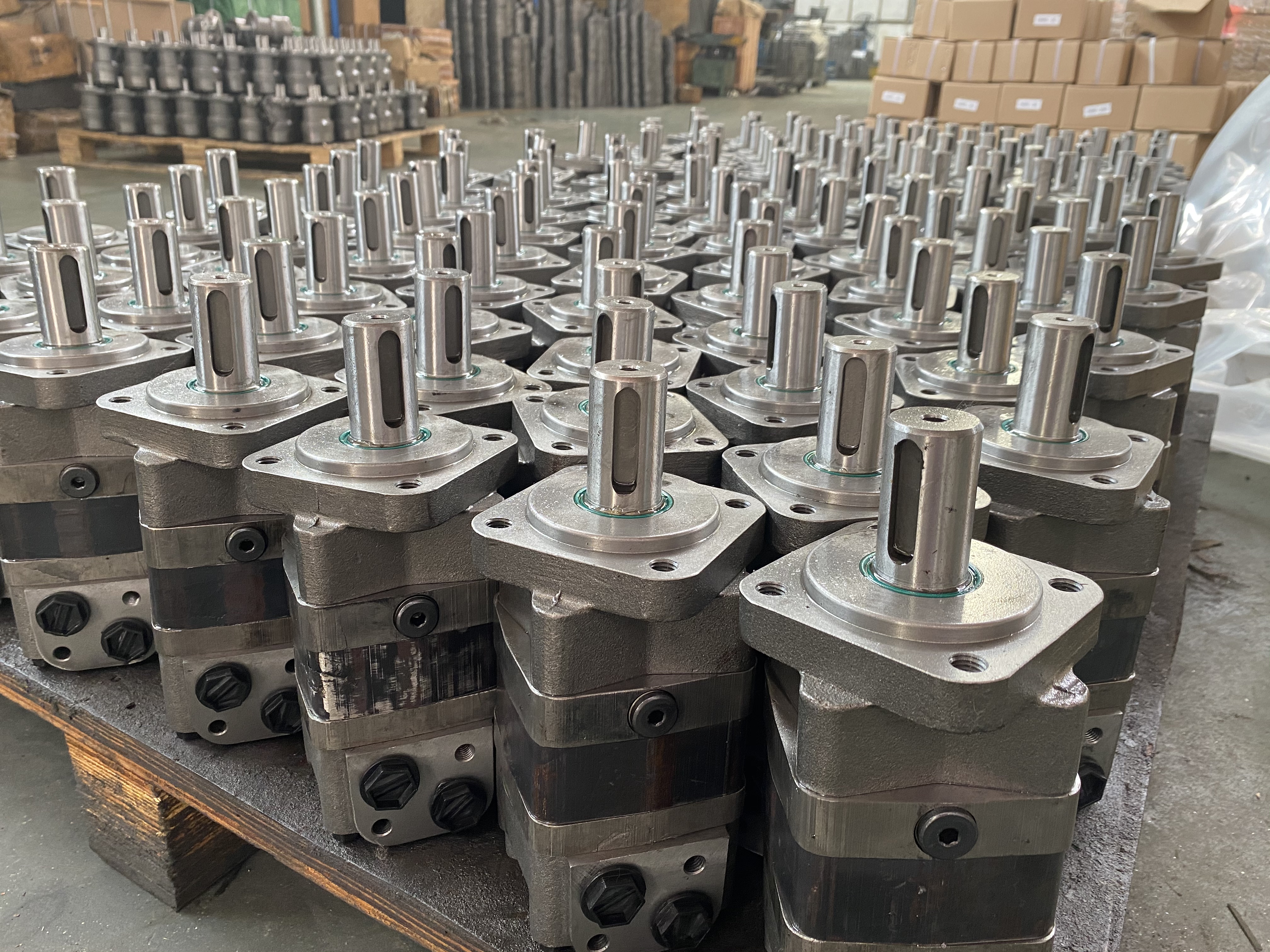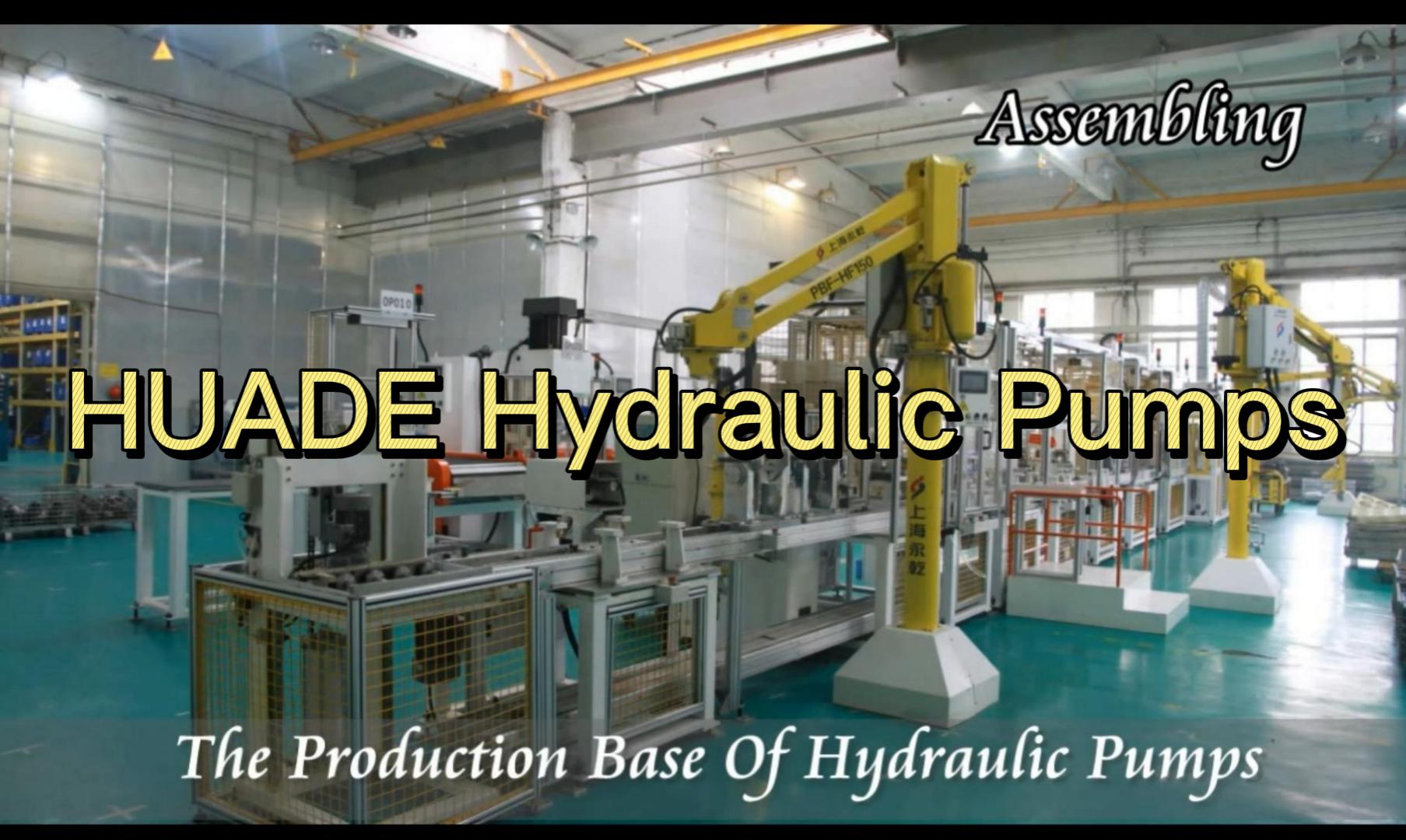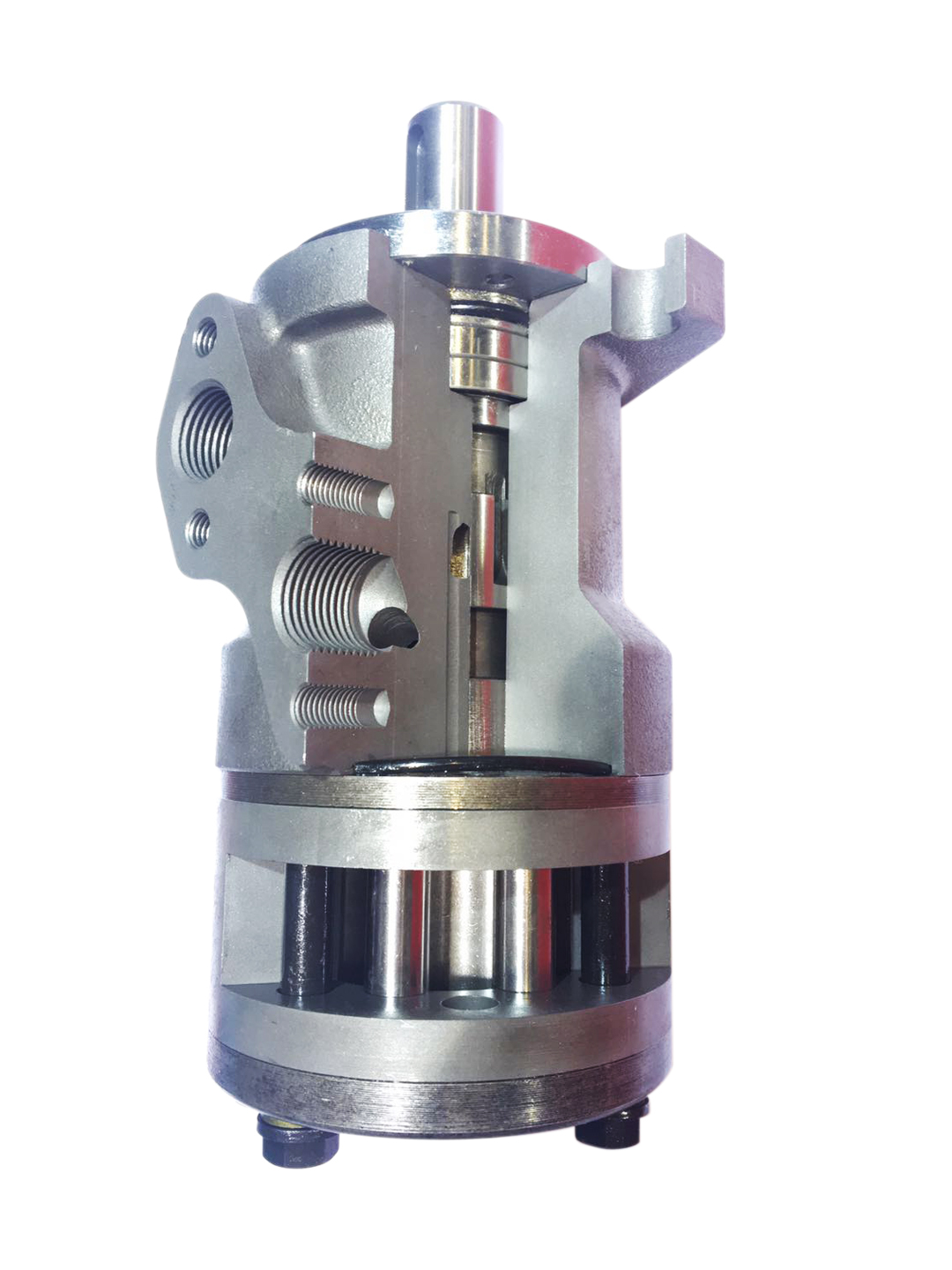- Useful Information on Piston Pumps
A piston pump is a type of positive displacement pump where the high-pressure seal reciprocates with the piston.
This allows for high pressure operation without adversely affecting flow rate. They can be used with a wide variety of fluids and are typically a cost-effective option for applications where long cycle times are required.
- What is a Piston Pumps?
Piston pumps are a type of positive displacement pump that displaces liquid through a reciprocal motion. They are commonly used in industrial applications and laboratories.
A piston pump can be single or double acting. A duplex pump consists of two pistons and two sets of check valves, while a triplex has three pistons and three sets of check valves.
They are also available with various materials to suit different applications and conditions. The materials used in the cylinder and casing should be durable, able to handle pressures, and withstand chemical and rust corrosion.
The axial piston pump is one of the most common types of pumps and consists of multiple pistons that are in a circular array within a cylinder block. The cylinder block is rotated against a swash plate which causes the pistons to reciprocate as they move around the axis of rotation.
- How does a Piston Pump work?
A piston pump is a type of positive displacement pump. It works by applying a high pressure to a fluid, and then forcing the fluid through an inlet or outlet valve.
Piston pumps come in several different designs, and can be made from a wide variety of materials. Some of the most common are stainless steel, aluminum, and brass.
Other options include ceramics, which are known for their chemical compatibility and hardness. They are often used in higher pressure pumping applications as they do not wear out over time like other metals, but also have good tensile strength and superior pressure ratings.
Some piston pumps have an attached seal that pushes back against the rod when the piston moves forward. The friction between the seal and rod can make the motor work harder to achieve higher pressures. This can lead to premature failure of the pump..png)
- What are the main applications for Piston Pumps?
Piston pumps are used to move liquids or compressed gasses. These pumps are categorized as one of the hydraulic pumps and have a robust and efficient performance.
These pumps are used in various industries such as oil production, food processing and many more. They can also be used to power heavy machinery such as jet engines and pressure washers.
There are a few types of piston pumps; Axial, Radial and Variable displacement. In axial piston pumps, multiple cylinders are grouped around a central axis with each cylinder having a specific number of pistons.
In variable displacement pumps, the angle of a swash plate is controlled to change the number and size of pistons within each cylinder. This allows the pump to dispense fluid with a different flow rate depending on the stroke length.
These pumps are used to move a wide range of fluids including water, fuels, oils, slurring and other shear-sensitive fluids. Their repeatable, predictable action makes them ideal for applications where accurate metering or dosing is required.

 中文
中文 English
English Español
Español Français
Français

